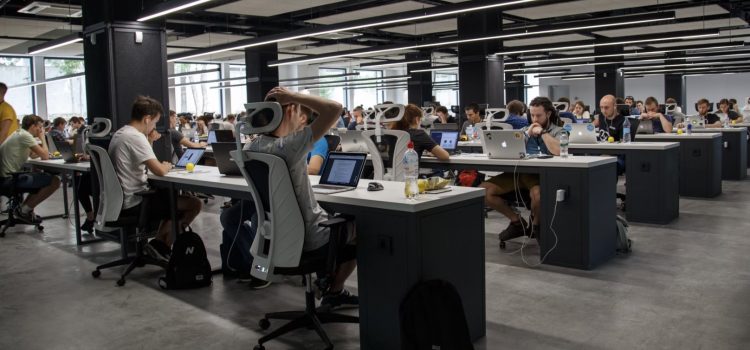

This article is an excerpt from the Shortform book guide to "Elon Musk" by Ashlee Vance. Shortform has the world's best summaries and analyses of books you should be reading.
Like this article? Sign up for a free trial here .
Why does Elon Musk focus on hiring accountable employees? What tactics does he use to force employees to take accountability for their actions?
Elon musk focuses on hiring accountable employees because it eliminates workflow inefficiencies and gets the job done faster. He uses multiple tactics to ensure accountability such as asking certain questions and following up.
Keep reading to learn how Elon Musk manages his accountable employees.
Managing Accountable Employees
Musk expects employees to be accountable for their work by taking complete ownership of their specialty and project as well as the process required to complete it—Vance, the author of Elon Musk, contends he wants each employee to be the CEO of her own project. Musk hires accountable employees who work as an independent unit, completing their work fully and to the best of their ability.
When every employee takes accountability for their work, it eliminates inefficiencies like asking for permission, filling out forms, or waiting for requests to be processed or approved. At SpaceX and Tesla, this approach allows employees to act independently and in the best interest of the company.
Vance explains how Musk often talks to employees about a project and asks them, “Can you do it?” This forces employees to take responsibility for their work because they willingly agree to do it, rather than completing tasks they were ordered to do.
If an employee is developing a rearview mirror or coding a new command, Musk expects her to put her full attention and effort into the task. And whenever developments are delayed, Musk is known to ask for regular updates about the status of the hold-up, why the task is taking longer than anticipated, and what’s required for the employee to complete the project. Employees eventually realized that they should come to Musk with potential solutions to problems, rather than coming to him with problems. This is a more efficient process, and it allows Musk to focus on other tasks, rather than walking employees through problems they’re qualified to solve.
| Lack of Behavioral Accountability While Musk encourages his employees to be accountable for their actions, this accountability seems only to extend to work-related tasks, not to good workplace behavior. Musk’s companies have allegations of sexist and racist work environments, indicating employees are not held accountable for disrespectful and harmful comments and actions. SpaceX employees have reported instances of sexual harassment at work and note that the company hasn’t done anything about the problem. Some employees felt SpaceX’s lack of action was motivated by management’s desire to avoid work disruptions. Additionally, reports reveal instances of discrimination, racist graffiti, and Tesla employees—including supervisors—using racial slurs. An investigation into Tesla’s work environment also found that black workers are given more physically demanding jobs. But research has shown that discrimination in the workplace actually makes employees less productive, indicating all kinds of accountability—both task- and behavior-based—are important. |

———End of Preview———
Like what you just read? Read the rest of the world's best book summary and analysis of Ashlee Vance's "Elon Musk" at Shortform .
Here's what you'll find in our full Elon Musk summary :
- A look into Elon Musk’s childhood and early companies
- Musk's roles in SpaceX and Tesla, and later, in SolarCity
- The traits and management methods that helped Musk succeed






